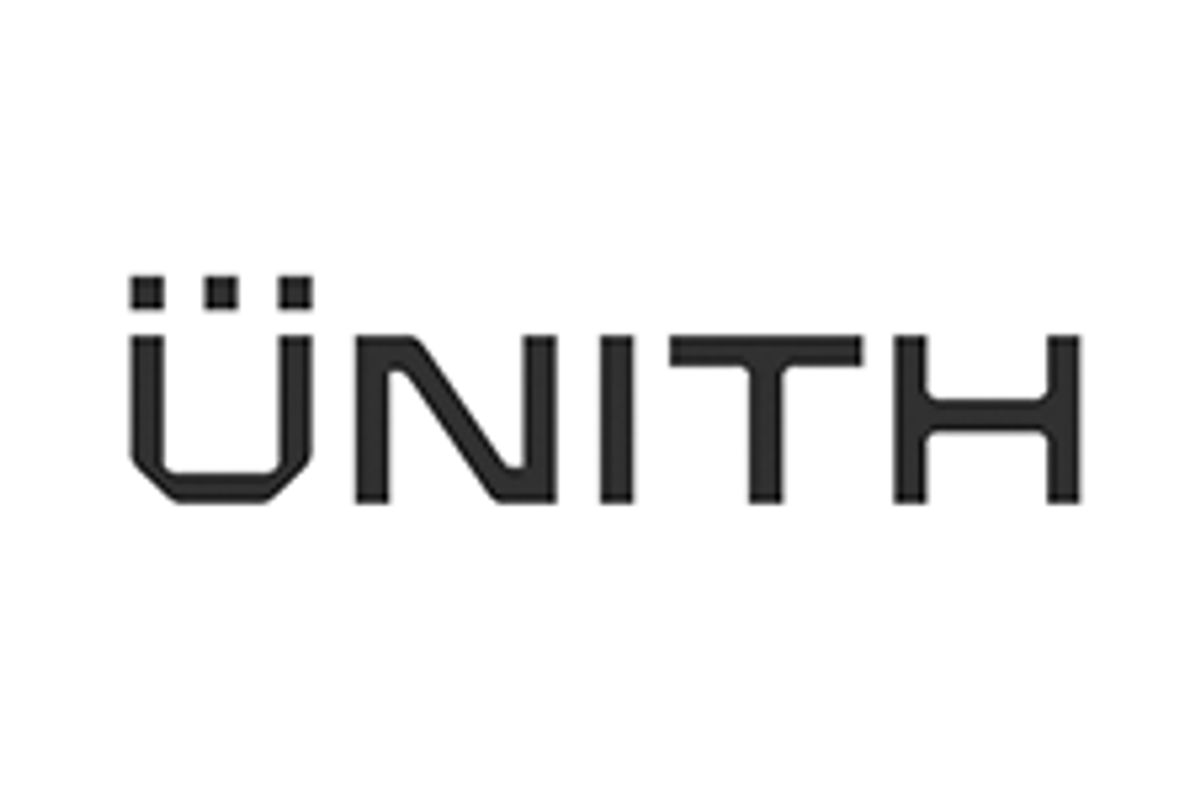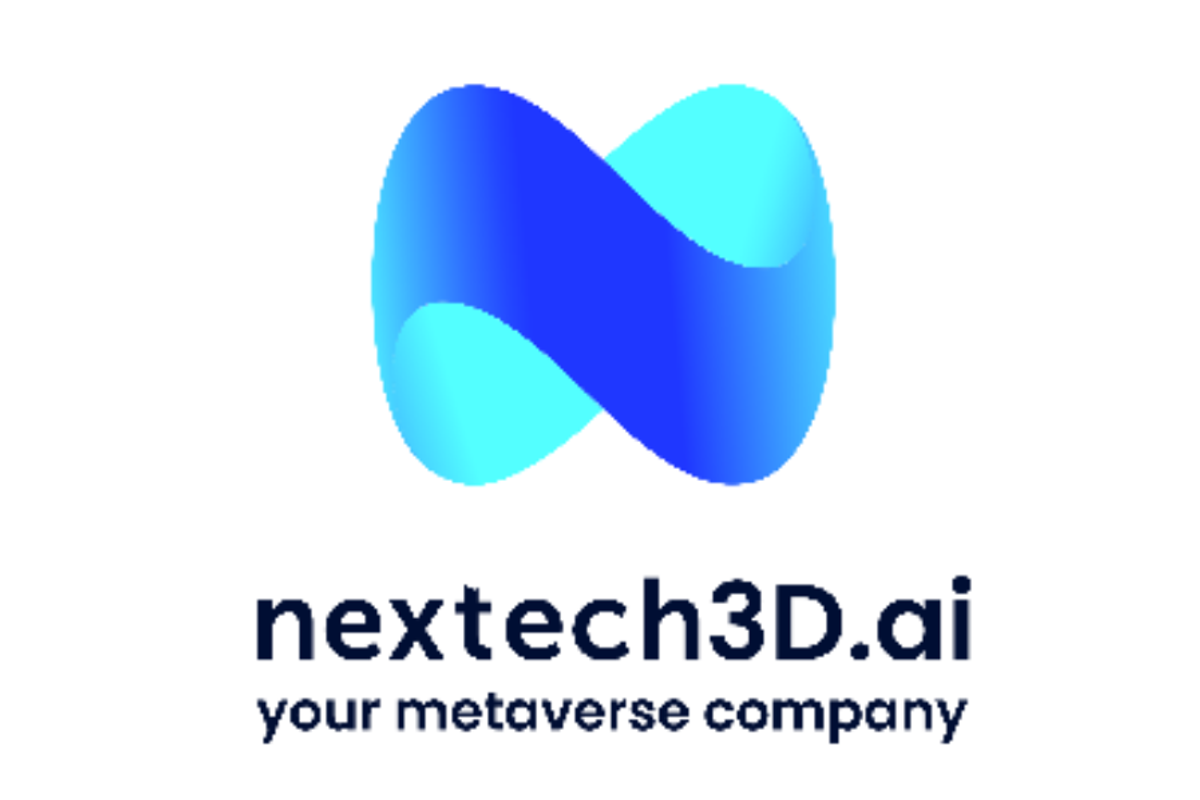
December 09, 2024
Zero Candida (the "Company" or "ZC") (TSXV: ZCT), an Israeli FemTech medical device start-up, is pleased to announce the Company has received a final patent from South Africa PCT patent PCT-IL 2023050243 in South Africa. In addition, the company is actively pursuing a global patent portfolio with applications filed worldwide including in the United States, Brazil, and Europe.
Zero-Candida T technologies, Inc. (ZCT) is FemTech developing an AI smart tampon-like device based on a therapeutic light source with a selected wave-length and intensity that can treat the Candida fungus successfully of 99.999% an POC overnight. Vulvo-Vaginal Candidiasis ("VVC") affects about 75% of women globally, and ZCT's device is game changer that has the potential to change the treatment of women and the FemTech industry in the world. The first of its kind of technology using a controlled "Blue Light," destroys the vagina fungus at record speed and without side effects. The treatment is safe and administered using the tampon-like medical device which, according to medical experts, is an optimal solution for removing the fungus altogether and preventing the recurrence of the disease.
Zero Candida is working on creating technology that enables hybrid medicine services to be provided by gynecologists to populations that until now, have had no access to treatment, including among others, those in developing countries. The ZCT device collects and transmits treatment data to the attending physician in real time, for assessment, treatment personalization, and monitoring. Seamless data transfer through a Wi-Fi chip and VoIP, allows for the convenience of remote care and treatment consulting. Another significant advantage of ZCT's device is that the treatment is free from side effects, supporting the growing demand from women to improve their health without the use of chemicals.
Eli Ben Haroosh, Founder & CEO: "Zero Candida is a groundbreaking and game-changing company in the world of women's medicine, accordingly we will hold patents in every possible continent in the world. The company's doctors' team is one of the best in the world in the field of women's health, together with patents around the world, will give the company business strength".
Dr. Asher Holzer, CTO & Director: "As the company's chief scientist, I find it of utmost importance to obtain a patent for the company's inventions and product development. Zero Candida is a world leader in technology that includes hybrid medicine, and technology-based diagnostics".
About Zero Candida:
ZC is a Public FemTech company incorporated under the corporate laws of the State of Israel. ZC is developing an AI smart tampon-like device based on a therapeutic light source with a selected wave-length and intensity that can treat the Candida fungus successfully of 99.999% an POC. Vulvo-Vaginal Candidiasis ("VVC") affects about 75% of women globally, each year 138 million women are affected, and 492 million over their lifetime. Recurrent VVC (4 or more episodes per year) is increasingly documented to become drug resistant to existing treatments and constitutes up to 10% of the cases of VVC. Existing treatments are unable to overcome the high rate of recurrence, since the root cause of the condition is poorly understood and addressed.
ZC has signed pre-clinical agreements with hospitals in Israel and Europe and has successfully completed a safety trial for the use of their pre-clinical device in large animals (sheep). The company is advancing the development of their final product for human use in preparation for a clinical trial that will take place in June 2025.
Zero Candida's device will bring the field of gynecology into the 21st century with hybrid medicine and technology-based diagnostics. At the same time as developing the treatment procedure, Zero Candida is creating technology to enable hybrid medicine services to be offered by gynecologists to populations that until now, received no treatment at all, including, among others, in the developing countries.
Neither the TSXV nor its Regulation Services Provider (as that term is defined in the policies of the Canadian Securities Exchange) accepts responsibility for the adequacy or accuracy of this press release.
Forward-Looking Statements
This news release includes certain statements and information that constitute forward-looking information within the meaning of applicable Canadian securities laws. All statements in this news release, other than statements of historical facts, are forward-looking statements. The Company provides no assurance that forward-looking statements and information will prove to be accurate, as actual results and future events could differ materially from those anticipated in such statements or information. Accordingly, readers should not place undue reliance on forward-looking statements or information. The Company does not undertake to update any forward-looking statements, other than as required by law. More detailed information about potential factors that could affect financial results is included in the documents filed from time to time with the Canadian securities regulatory authorities by Zero Candida. Readers are cautioned not to place undue reliance on forward-looking statements.
Contact:
Victoria Gamble
E: Victoria@zero-candida.com
P: (647) 874 - 3767
Eli Ben Haroosh, CEO & Founder
E: info@zero-candida.com
Website: www.Zero-Candida.com
LinkedIn: @Zero-Candida
ZCT:CA
The Conversation (0)
16 December 2024
Zero Candida Technologies
Pioneering a technology-driven, innovative solution for the non-drug treatment of Candidiasis.
Pioneering a technology-driven, innovative solution for the non-drug treatment of Candidiasis. Keep Reading...
04 February
AI Infrastructure Moving to the Edge to Transform User Experience
While the first phase of the AI gold rush was defined by massive investments in centralized data centers, 2026 is about proving those billions can translate into fast, reliable AI that people will use every day. One Canadian startup, PolarGrid, is betting that the answer lies at the edge rather... Keep Reading...
29 January
Quarterly Activities/Appendix 4C Cash Flow Report
Unith (UNT:AU) has announced Quarterly Activities/Appendix 4C Cash Flow ReportDownload the PDF here. Keep Reading...
20 January
The Performance Chasm: Is the AI Rally Over or Just Shifting Gears?
The investment landscape of 2025 will be remembered for its historic divide, where the widespread boom in artificial intelligence (AI) created a tale of two worlds in the stock market.On one side, the Magnificent 7 and specialized players like Palantir Technologies (NASDAQ:PLTR) drove massive... Keep Reading...
20 January
Nextech3D.ai Scales National Event Infrastructure to 35 Major U.S. Cities; Launches 58 New AI-Ready Experiences to Meet Enterprise Demand
Strategic Integration of Generative AI 'Semantic Memory' via OpenAI and Pinecone Vector Database Supports Rapid Expansion of Corporate Engagement Platforms TORONTO, ON / ACCESS Newswire / January 20, 2026 / Nextech3D.ai (OTCQB:NEXCF)(CSE:NTAR,OTC:NEXCF)(FSE:1SS), a leader in AI-powered event and... Keep Reading...
16 January
Tech Weekly: Chip Stocks Soar on Taiwan Semiconductor Earnings
Welcome to the Investing News Network's weekly brief on tech news and tech stocks driving the market. We also break down next week's catalysts to watch to help you prepare for the week ahead.Don't forget to follow us @INN_Technology for real-time news updates!Securities Disclosure: I, Meagen... Keep Reading...
16 January
Nextech3D.ai Partners with BitPay to Power Crypto and Stablecoin Payments for Events
Company Strengthens Event Tech Infrastructure with Milestone AWS Migration and Enhanced Blockchain CredentialingAWS Cloud Infrastructure OptimizationSmart Contract UniformityFlexible Asset Standards ERC721/ ERC1155 TORONTO, ON AND NEW YORK CITY, NY / ACCESS Newswire / January 16, 2026 /... Keep Reading...
Latest News
Interactive Chart
Latest Press Releases
Related News
TOP STOCKS
American Battery4.030.24
Aion Therapeutic0.10-0.01
Cybin Corp2.140.00




